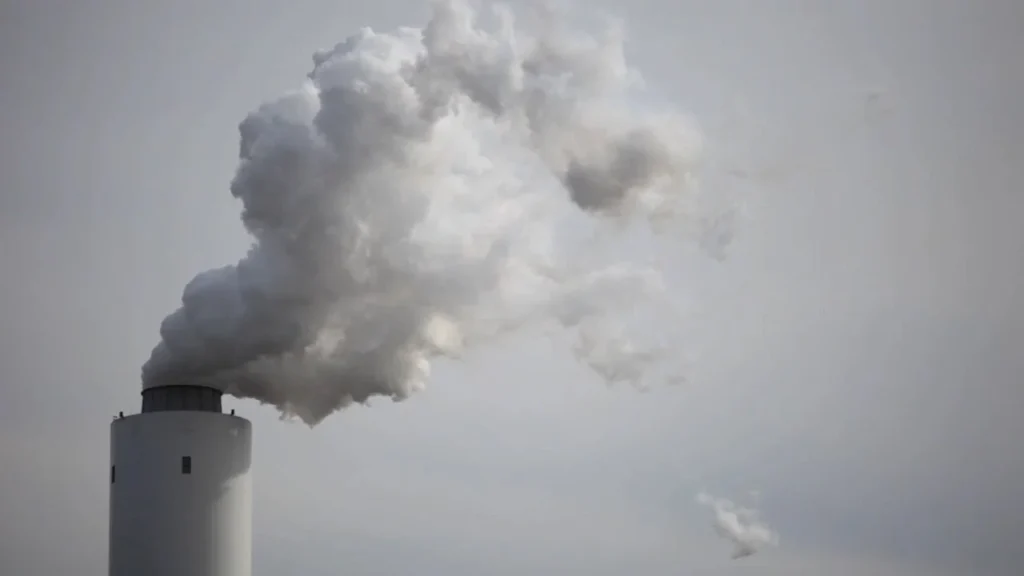Environmental Defence Programs Director, Keith Brooks, says that without a strong, clear, well-funded climate change program, Alberta will drag the rest of Canada down.
We condemn the move by Alberta to weaken one of the few remaining programs in place that is actually slowing the increase in emissions from the province. Alberta needs to pull its weight when it comes to fighting climate change and if it won’t the federal government must step in.
It’s ironic that the premier has made this move in the midst of attempting to negotiate a new “grand bargain.” Last time, the deal was a pipeline in exchange for support for carbon pricing. Now it’s carbon capture in exchange for yet another pipeline. Neither of these deals made sense from a climate pollution perspective. But, more troubling, is that the Premier and the oil companies clearly don’t take these “bargains” seriously and will always seek to destroy any efforts to make the polluter pay.
The federal government must step in and impose its industrial carbon pricing regime in Alberta and lay out a plan to strengthen that system. Industrial carbon pricing is one of most effective emissions reduction policies in Canada and it can do more of the heavy lifting. The federal government must also recommit to implementing the oil and gas emissions cap.
The federal government must make clear to Premiers, to industry and the public that this country remains committed to reducing climate change causing pollution . The Prime Minister’s lack of clarity on this topic and seeming openness to abandon, pause and revisit climate action has led some Premiers and the fossil fuel industry to think that it’s open season on climate policy. It’s time to stem the bleeding. We need a climate plan from our federal government and a clear commitment that Canada intends to keep its international obligations under the Paris Accord.
Background
Alberta’s Technology Innovation and Emissions Reduction (TIER) program is a successful industrial carbon pricing system in place since 2020. According to the Canadian Climate Institute, industrial carbon pricing systems like TIER are projected to contribute between 23 and 39 percent of avoided emissions by 2030, making them one of the most effective climate policies. TIER has helped industrial facilities reduce emissions and invest in clean technology while staying competitive, building on Alberta’s pioneering role in industrial carbon pricing since 2007. Eliminating this proven climate policy would abandon Alberta’s leadership in emissions reduction and undermine Canada’s climate goals.
These changes come on top of major programmatic cuts attacking clean energy and greenhouse gas reduction programs in Alberta, including:
- Renewable Energy Moratorium (August 2023): Alberta imposed a seven-month moratorium on renewable energy projects over one megawatt starting August 3, 2023.
- Permanent Renewable Energy Restrictions (February 2024): When the moratorium ended, new permanent rules were announced that included a ban on new wind projects within a 35-kilometre buffer zone of protected areas and other “pristine viewscapes” despite supporting coal mining in those same “pristine” landscapes.
- Abandoning Emissions Reduction Targets (November 2024): Members of Alberta’s government voted overwhelmingly to abandon the province’s emissions reduction targets and instead recognize carbon dioxide as “a foundational nutrient for all life on earth,” in contrast to every major scientific study conducted in the last thirty years.
- Federal Programs (Ongoing): In addition, Premier Smith has reiterated that she wants all federal climate change policies to be scrapped, including regulations placing limits on climate-altering carbon dioxide, and policies encouraging clean transportation and green infrastructure.
ABOUT ENVIRONMENTAL DEFENCE (environmentaldefence.ca): Environmental Defence is a leading Canadian environmental advocacy organization that works with government, industry and individuals to defend clean water, a safe climate and healthy communities.
– 30 –
For more information or to request an interview, please contact:
Alex Ross, Environmental Defence, media@environmentaldefence.ca






